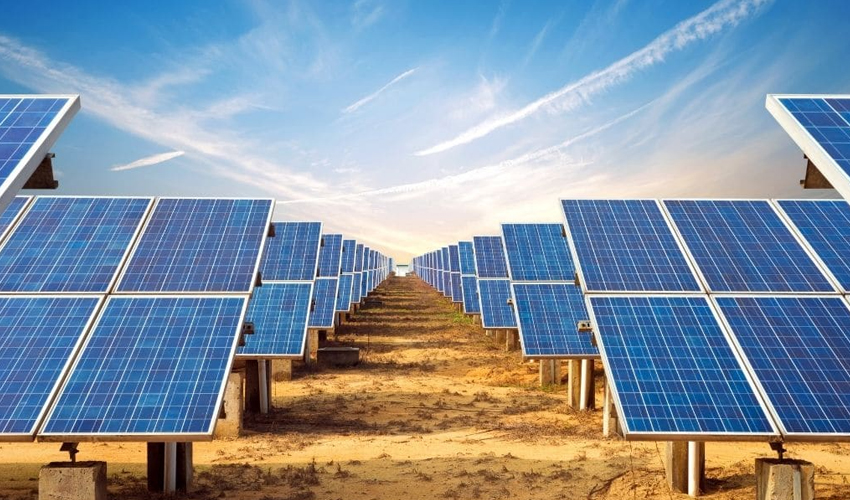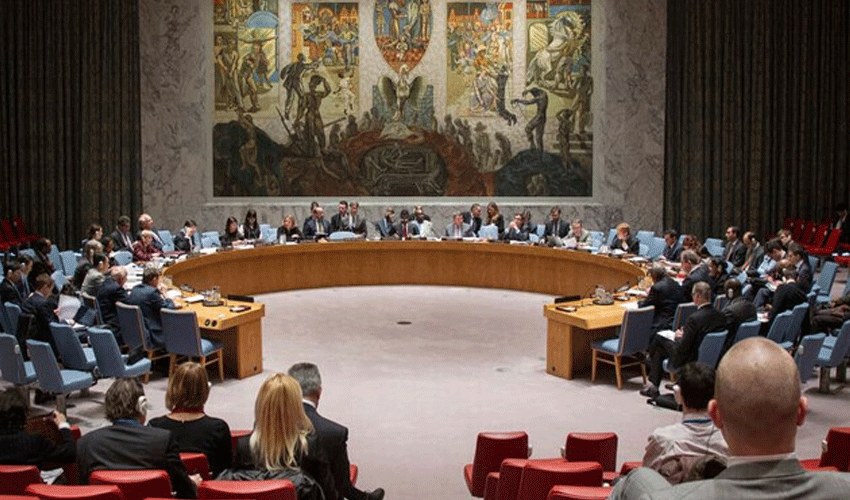The Ministry of Energy has started work on drafting a new solarization policy aimed at bolstering renewable energy adoption in the country.
Among the proposed measures is a significant reduction of net metering electricity rates by 50%, alongside adjustments in buyback power rates and capital return timelines for net metering customers.
Sources reveal that under the new policy, the rate of buyback power will be slashed to Rs11 from the existing Rs22, a move intended to alleviate capacity payment burdens. Additionally, the proposal suggests extending the capital return period for net metering customers to five years from the current three.
The policy will also outline the percentage of net metering allocated to each grid, ensuring equitable distribution and efficient utilization of solar energy resources across the nation. To pave the way for implementation, the federal cabinet's approval will be sought, signifying the government's commitment to promoting sustainable energy practices.
Also Read: Govt rejects reports of fixed tax on solar power installation
It has also been proposed to return the capital amount to net metering customers in five years instead of three.
According to the Ministry of Energy, the surge in solar consumers underscores the growing popularity of renewable energy solutions, with the number of solar users witnessing a remarkable 60% increase in the past year alone. Presently, the country boasts approximately 150,000 solar consumers, collectively generating 3,000 megawatts of electricity from solar sources.
However, challenges persist, with on-grid consumers bearing an annual burden of Rs110 billion due to net metering arrangements. Furthermore, the monthly net metering units have surged to 550 million, the sources said.
Earlier, there were reports that the Central Power Purchasing Agency had proposed to the Ministry of Power imposition of tax on domestic or commercial solar panel installers. It allegedly proposed collection of a tax of Rs2,000 per kilowatt from solar panel installers.
According to the report, Rs2,000 per kilowatt is likely to be collected from a 12 kilowatt solar panel grid. Sources in the Energy Ministry say that this one-time tax will be levied on those installing domestic or commercial solar panels.
Also Read: Foreign companies commit to wind, solar power projects in Karachi
However, the Power Division announced that there was currently no fixed tax on solar power in the country. According to reports, neither the Central Power Purchasing Agency (CPPA) nor the Power Division had forwarded any summary to the government regarding imposing taxes on solar energy.
According to a notification, the Net Metering Policy, introduced in 2017, was aimed at encouraging investment in alternative energy sources such as solar power. This policy led to a significant increase in the installation of solar panels, especially among the affluent community, indicating a growing trend towards solar energy adoption.
The government was also having to give subsidies to domestic and industrial consumers, the division said, causing a burden of Rs1.90 in the form of subsidies on the national treasury. The Power Division said 25 to 30 million poor consumers are suffering because of this.


























